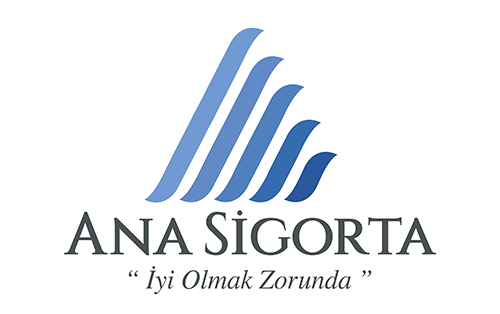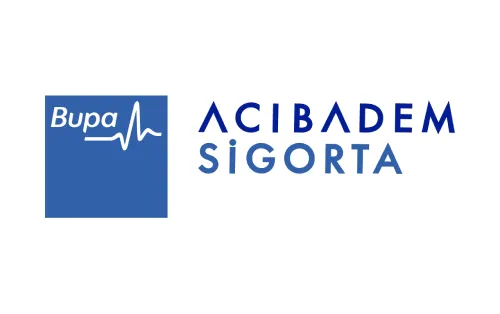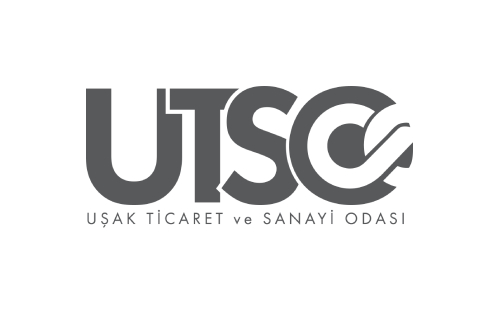Polysomnography (sleep test)
Snoring and sleep apnea operations (classical Surgery, Laser Surgery)
Snoring is a sound in the form of noise that occurs when there is stenosis in the airway. 45% of adult people snore constantly, 25% from time to time. Although snoring is more common in men and fat people, it can be seen in every person .The frequency of snoring increases with age.
WHY DO WE SNORE?
The area where the tongue root,small tongue,soft palate and tonsils merge with the nasal region is a region that can shrink spontaneously. During sleep, the muscles in this area relax, the air passage area Narrows, and the passing air creates vibrations in the loose November tissues, causing snoring. Thick and fatty neck tissue in fat people,and large tonsils and nasal flesh in children are the most common causes of snoring. People with nasal congestion create an excessive vacuum in the nose to get air. This vacuum pulls the shrinking tissues in the throat towards the airway, so that a person who does not snore while the nose is open begins to snore.Deviation problems that cause nasal congestion,nasal flesh growth, polyps can snore. Soft palate a long small tongue or sagging that occurs narrows the airway, causing snoring. During sleep, relaxation occurs in the tongue and throat November. Loose November muscles can't prevent the tongue from escaping to the back of the throat, especially when lying on its back. Alcohol or sedative medication intake increases this muscle relaxation, hence snoring November.
WHY DO MEN SNORE MORE?
The reason for this is that lubrication is mainly concentrated in the hip area in women, and in men around the neck and abdomen. Especially in overweight men, this condition increases the intra-chest pressure by pressing the diaphragm of the abdominal mass while lying down (especially in the supine position); conditions that will lead to snoring occur when the tongue shifts back and the soft tissues and November muscles around the pharynx relax with sleep. Differences in women's November muscle structure are also thought to reduce snoring. As a result of hormonal changes after menopause, women's muscle structure also begins to resemble that of men, their snoring rate after a certain age approaches November or even equates.
IS SNORING A PROBLEM?
Continuous snoring, that is, is not accompanied by respiratory disorder, we call simple snoring. It was believed that snoring does not cause any harm to the patient if it does not cause breathing stops and sleep division. But recent research shows that simple snoring can cause fatigue in the body due to the strength spent on breathing during the night, and, accordingly, weakness and sleepiness during the day, even if there are no sleep-related breathing disorders (for example, respiratory stops). Here, there is a division of the environment, especially the partner's discomfort and sleep due to noise. People who already have simple snoring go to a doctor more at the insistence of their relatives. Snoring can be considered a trivial and simple condition by some: however, it can also sometimes become a problem that makes an entire household uncomfortable. It is certain to have a negative impact on quality of life. For other members of the family, sleepless nights are held responsible. A person who snores becomes an undesirable roommate on vacation and business trips. A person who snores is likely to experience many medical problems. The damage to one's self is greater. There are nights spent without rest. High blood pressure is more common in people who snore excessively than in people who do not snore.
CAN SNORING BE CURED?
Many types of snoring can be treated.Improvements in simple snoring can be achieved with some measures to be taken. For adult snoring people, the following recommendations should be followed. An ideal body weight should be achieved in order to gain a good Adele tone, a sporty lifestyle should be chosen. People who snore should not take sleep medications, tranquilizers, and allergy medications called antihistamines before sleep. He should avoid drinking alcohol 4 hours before sleep. Avoid heavy eating 3 hours before sleep. He should avoid excessive fatigue. Instead of lying on your back in sleep, you should prefer to lie on your side. As an old suggestion, sewing a tennis ball on the back of your pajamas is still a useful method. In this way, you are prevented from sleeping on your back. Give people who don't snore at home time time to go to sleep before you. It is known that excess weight is one of the most important causes of snoring. In 80% of patients who were overweight and weakened, snoring was significantly reduced or completely eliminated.
WHAT IS OBSTRUCTIVE SLEEP APNEA SYNDROME (TUAS)?
"Apnea" means stopping breathing. TUAS is a serious disease characterized by the relaxation of soft tissues with the onset of sleep and the blockage of the respiratory tract due to the negative pressure formed during breathing, thus preventing the intake of air from the mouth and nose for at least 10 seconds, during which the body makes excessive efforts for breathing. Breathing stops are repeated frequently (sometimes hundreds of times) throughout the night, each lasting an average of 20-40 seconds, in severe cases this time can be more than two minutes! During breathing stops, the amount of oxygen in the blood is significantly reduced, so sufficient oxygen cannot reach the heart, brain and other organs.
WHAT ARE THE SYMPTOMS OF TUAS HOW CAN I RECOGNIZE THEM? HOW CAN I DETECT THE DISEASE?
Because breathing problems occur during sleep, the patient himself is not aware of the condition. Almost always the patient's wife or relatives notice the condition. The most obvious finding is snoring. Almost all patients snore very violently. When the patient snores regularly, his voice suddenly stops. Relatives of the patient first become aware of this condition. Abdominal and chest movements continue during breathing stop. So it's hard for someone watching from the outside to know that the air intake has stopped at first. In order to overcome the above obstruction, the diaphragm contracts more and more, the amplitude of abdominal and chest movements increases, and at some point, when the obstruction is defeated by this increased respiratory effort, the patient begins to breathe again, making a stronger sound (almost like a roar) than before. The first and most obvious symptom of the disease is excessive daytime sleepiness. Other symptoms; Waking up in the morning with severe dry mouth morning headaches being more irritable and more intolerant than before anxiety difficulty maintaining concentration falling school success in children forgetfulness getting up to the toilet one or more times at night, although it was not before, night sweats that are again evident than before and cannot be explained by climatic conditions decrease in sexual desire, (in men) impotence.
How is Obstructive Sleep Apnea Syndrome (TUAS) diagnosed?
Diagnosis of TUAS is made by a sleep study. All sleep records of the sleeping patient are taken and evaluated in the sleep room during the night depending on the polysomnography device.The treatment plan, on the other hand, is organized according to the symptoms of each patient, the results of the sleep study and the results of the examination.
How is Obstructive Sleep Apnea Syndrome (TUAS) treated?
Treatment is simpler, such as allergy or infection treatment, or requires surgical treatment of tonsillar nasal flesh or nasal disorders. Successful results are obtained from snoring surgeries that fix the moving tissues in the throat and further expand the airway. These operations are called uvulopalatopharyngoplasty surgery (UPPP). For the patient, it does not feel very different from tonsil surgery. Laser-assisted uvulopalatoplasty (LAUP), which uses a laser, is another operation that can be performed with local anesthesia. A positive pressure mouth-nose mask called CPAP or BPAP is used in patients whose general condition is not suitable for surgery, who cannot have surgery due to another disease, or who are too advanced to benefit from surgery.
ARE THERE OTHER TREATMENT OPTIONS?
In some mild cases, intra-oral tools may be useful for some time. Special materials called pillars placed in the soft palate try to reduce snoring by providing rigidity in the soft palate in suitable patients.
CPAP titration (mask therapy)
A CPAP device should be used to ensure that the airway remains constantly open at night in patients with a certain level of obstructive sleep disease and the operation will be insufficient.
By pushing the CPAP device into the air through the nasal mask with pressure determined by your doctor, it prevents the muscles from weakening during the November night. As a result of keeping the airway open, oxygen drops are prevented.


















































